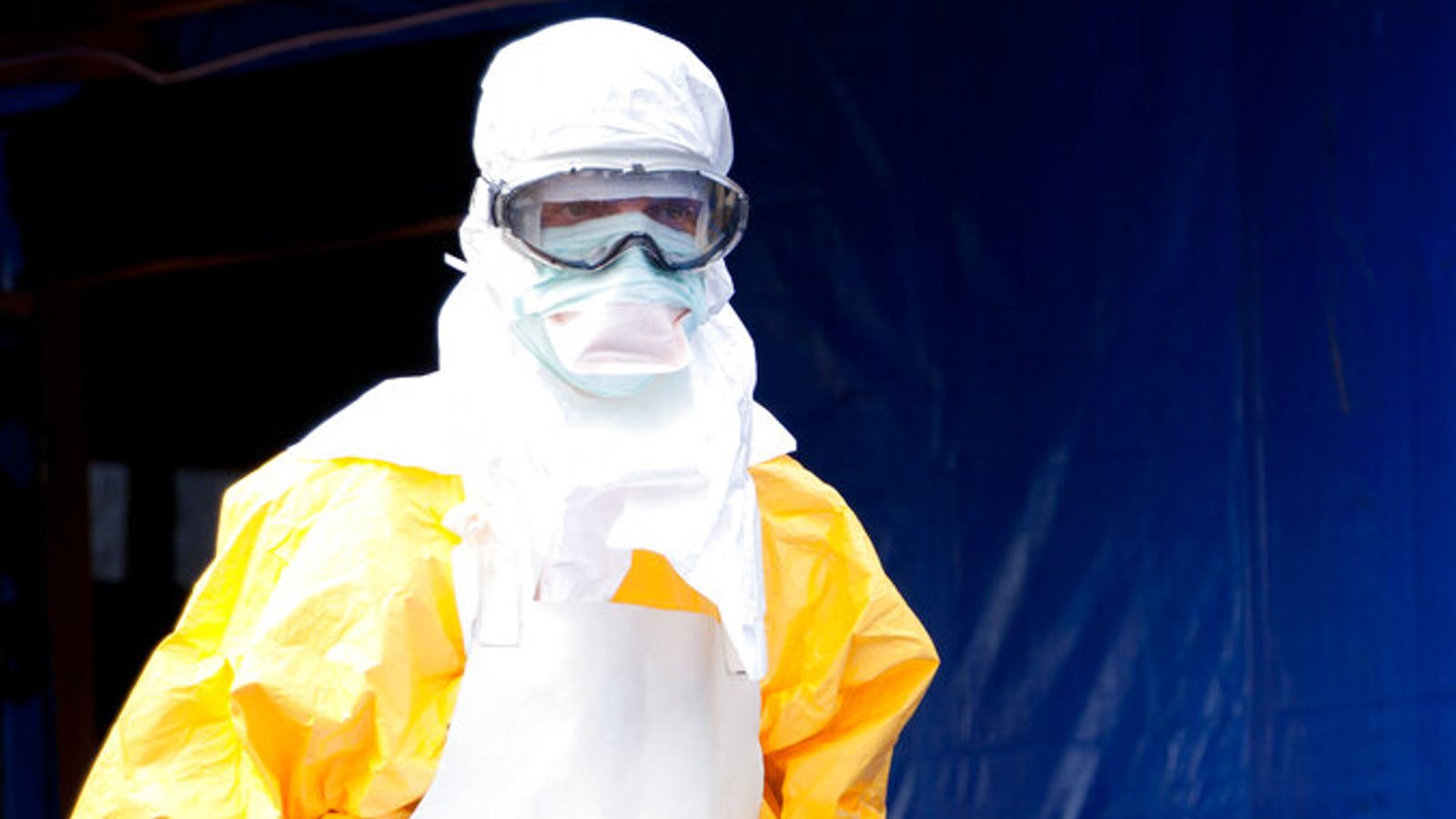The first case of Marburg virus has been confirmed in West Africa after a man died of the haemorrhagic fever disease in Guinea.
The virus, which belongs to the same family as Ebola, spreads from human to human through bodily fluids and can have a fatality rate of up to 88%.
Symptoms include a high fever and muscle pain, but some patients later suffer bleeding from their eyes and ears.
After the male patient sought treatment and died in Gueckedou, the case was confirmed by a laboratory in Guinea and again by the Institut Pasteur in nearby Senegal.
Contact tracing is under way, according to the World Health Organization (WHO).
Gueckedou was the location of Guinea’s 2014 to 2016 Ebola outbreak, which went on to kill 11,325 people.
The town, which sits on the border with Sierra Leone and Liberia, also suffered a smaller Ebola epidemic earlier this year, leaving 12 people dead.
Cases of Marburg virus have been identified across Africa in Angola, Congo, Kenya, South Africa and Uganda, but this is the first known infection in the West.
WHO regional director for Africa Matshidiso Moeti said: “The potential for the Marburg virus to spread far and wide means we need to stop it in its tracks.
“We are working with the health authorities to implement a swift response that builds on Guinea’s past experience and expertise in managing Ebola, which is transmitted in a similar way.”
WHO director-general Dr Tedros Ghebreyesus tweeted: “Confirmation of Marburg virus in Guinea. Response requires a concerted effort to prevent transmission and protect communities.
“@WHO colleagues have been in the field with local partners since first alerts emerged and will continue to provide all needed support.”
Marburg virus spreads to humans from infected animals and has no vaccine or dedicated drug treatment.
